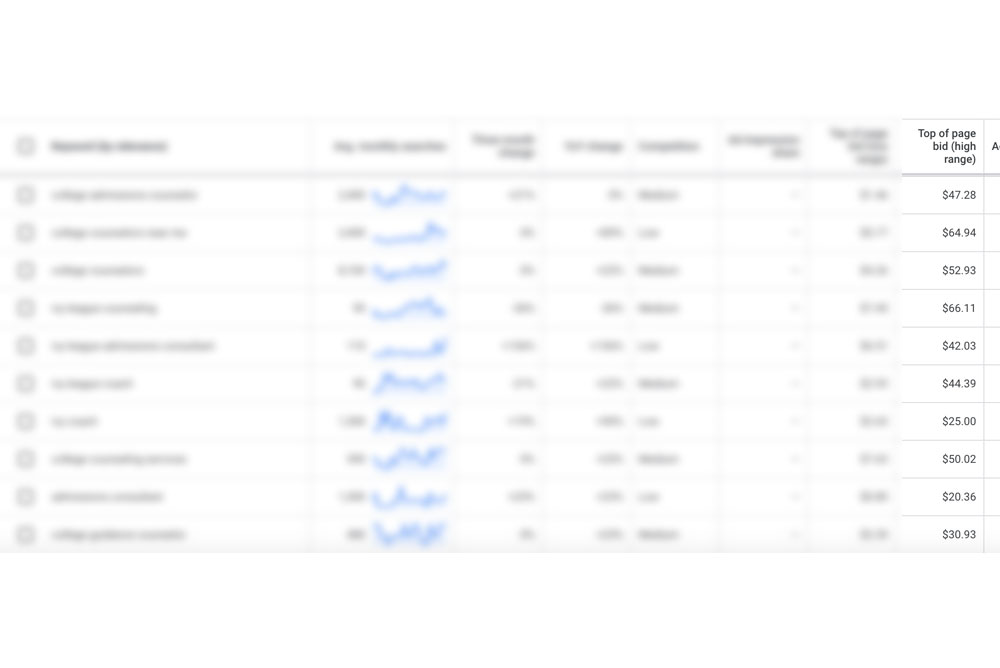Update on Google’s Algorithm, September 2023: The Role of Clicks in Rankings
Staying on top of Google’s algorithm updates is crucial for SEO Professionals. The latest revelation from a former Google employee has sent shockwaves through the SEO community: Google is “using clicks in rankings.” While this statement might not necessarily mean that clicks are a direct ranking factor, it does shed light on how user engagement is playing an increasingly important role in Google’s search algorithm.
I also want to mention that I noticed the importance of clicks when I started a PPC Campaign on a website that was not fully optimized. After just two weeks, the website began ranking on the first page of the SERPs, and even in the top three for long-tail keywords. I was surprised then, so yesterday, when I read that “clicks were part of Google’s ranking algorithm,” I had already experienced it.
The Former Googler’s Revelation
Eric Lehman, a former 17-year employee of Google, recently testified as part of the ongoing U.S. vs. Google antitrust trial. Lehman’s statement that “pretty much everyone knows we’re using clicks in rankings” has garnered significant attention. This admission hints at the significance of user behavior in influencing search engine rankings.
However, it’s essential to clarify that clicks alone are not the sole factor determining rankings. Google’s advanced machine learning systems, including BERT and MUM, are becoming even more crucial in evaluating text and providing relevant search results. This suggests that while user data, including clicks, plays a role, it is not the sole determinant of a website’s search engine performance.
The Evolution of Google’s Algorithm
According to Lehman, Google is gradually moving away from heavy reliance on user data towards using machine learning for text evaluation. This shift has been in the making for some time, as demonstrated by Lehman’s email from 2018, where he stated, “Huge amounts of user feedback can be largely replaced by unsupervised learning of raw text.”
The distinction between “user data” and “training data” is also crucial in understanding Google’s approach. Google’s advantage in using BERT, for example, lies in its ability to leverage training data, not user data. This clarification emphasizes that Google’s focus is on improving the quality of search results rather than solely relying on user-specific interactions.
The Role of Clicks in Rankings
While Google does consider clicks as part of its algorithmic evaluation, it’s essential to recognize that clicks are not a direct and straightforward ranking factor. The number of clicks a website receives does not directly correlate with its position in search results. Instead, Google uses click data for various purposes, including evaluating experiments and personalization.
Moreover, Google employs a subset of users to test updates or changes to search results. Click data is one of the metrics used to assess the success of these experiments. However, clicks are considered a “noisy signal,” meaning they can be influenced by various factors and are not always a reliable indicator of content quality.
Additionally, Google uses click data for personalization. If a user consistently clicks on results related to a specific topic or website, Google may tailor future search results to better match the user’s preferences.
What This Means for SEO
The revelation that Google considers clicks in its rankings underscores the importance of user engagement and the need for SEO professionals to focus on creating high-quality, engaging content. While clicks may not be a direct ranking factor, they are still a valuable indicator of user satisfaction and relevance. However, it’s crucial not to rely solely on clicks as an SEO strategy, as Google’s algorithm is multifaceted and takes numerous factors into account when determining rankings.
The recent disclosure about Google’s use of clicks in rankings highlights the evolving nature of search engine algorithms. While clicks are part of the equation, they are just one piece of the puzzle. As an SEO professional, we will continue to adapt to these changes to provide the best possible user experience and remain attuned to future algorithm updates on Google.





